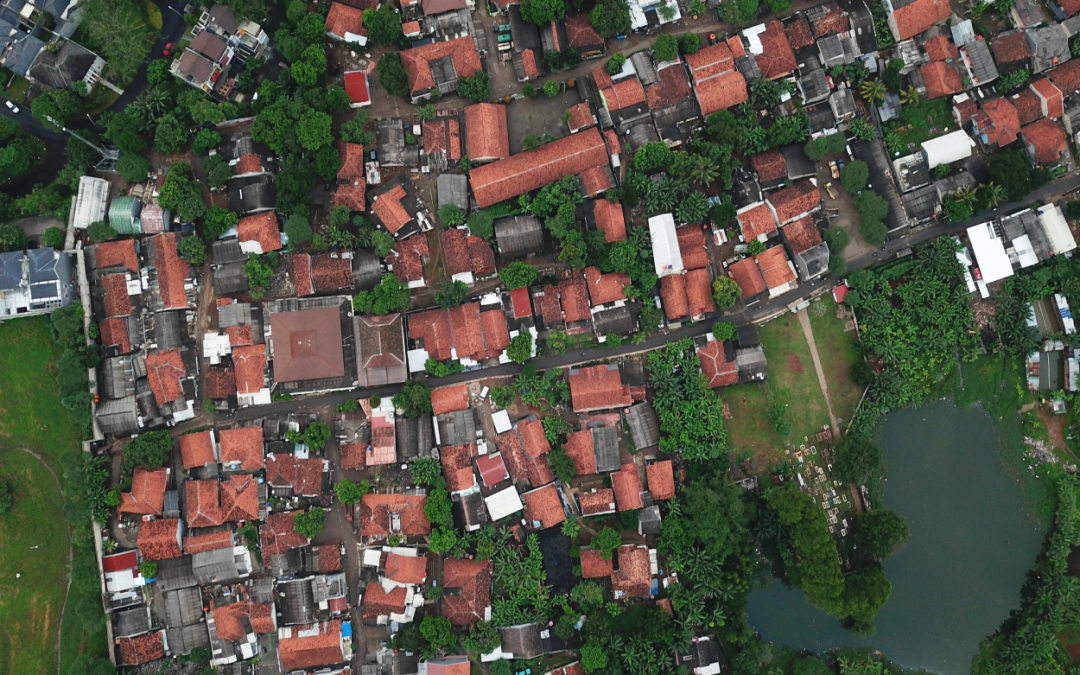The Best Ways to Educate Your Community About Japanese Knotweed
This informative article outlines the best ways to educate your community about Japanese knotweed. You can also host community workshops, use social media, work with local organisations, distribute educational materials, and organise field trips to raise awareness and engage your community in controlling and eradicating this invasive plant species.
In recent years, Japanese knotweed has become a significant concern for homeowners, businesses, and local councils in the UK. This highly invasive plant species can cause significant damage to property, infrastructure, and the environment. The good news is that there are ways to control and eradicate Japanese knotweed, but education is critical. In this article, we’ll explore the best ways to educate your community about Japanese knotweed and raise awareness.
Host Community Workshops
One effective way to educate your community about Japanese knotweed is to host workshops. These can be in-person or online events where local experts can discuss the issue and provide practical tips on identifying, managing, and controlling Japanese knotweed. Workshops can be tailored to different audiences, such as homeowners, businesses, or local councils. They can also cover a range of topics, from the biology of the plant to legal obligations and best practices for treatment and disposal.
Use Social Media
Social media is a powerful tool for raising awareness of Japanese knotweed and engaging with your community. Platforms like Twitter, Facebook, and Instagram allow you to share information, photos, and videos about the plant and its impact. You can also use social media to connect with local experts and organisations, share success stories, and encourage community involvement. Social media can organise events and fundraisers, such as community clean-up days or plant removal campaigns.
Work with Local Organizations
Many local organisations are dedicated to environmental conservation and community development. You can partner with these groups to raise awareness of Japanese knotweed and collaborate on projects to control and eradicate the plant. These organisations can provide valuable resources, such as training, tools, and funding. You can also work with schools, universities, and other educational institutions to integrate Japanese knotweed education into their curricula.
Distribute Educational Materials
Another way to educate your community about Japanese knotweed is to give educational materials. These can include brochures, pamphlets, flyers, and posters. You can place these materials in public areas like community centres, libraries, and schools. You can also distribute them through local newspapers, radio stations, and other media outlets. Educational materials can be designed to be accessible to different audiences and provide practical information on how to identify, manage, and control Japanese knotweed.
Organise Field Trips
Finally, you can organise field trips to local areas where Japanese knotweed is present. This can be a great way to educate your community about the plant and its environmental impact. Field trips can be organised for different audiences, such as school groups, garden clubs, and local councils. You can invite local experts to lead the journey and provide information on identifying, managing, and controlling Japanese knotweed.
Understanding Japanese knotweed
is a severe issue in the UK, but education is critical to controlling and eradicating the plant. By hosting community workshops, using social media, working with local organisations, distributing educational materials, and organising field trips, you can raise awareness of the issue and engage your community in the effort to control Japanese knotweed.
If you would like further advice regarding Japanese knotweed, call Stephen on 07753682333
